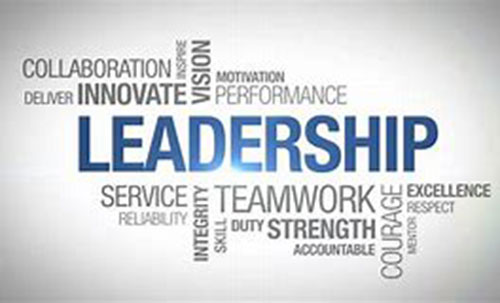
Somali-American community members are experiencing a multitude of disparities in health, education, and employment, and with relatively few Somali leaders positioned within leadership structures, Somali’s have a limited voice in decisions. While Minneapolis has elected a Somali City Council member, Minneapolis School Board member, Mankato School Board member, and the election of the nation’s first Somali State Representative, Illahn Omar, in 2016.
There has been a significant number of anti-Somali/Muslim incidents occurring around the state that have escalated tensions between Somali and non-Somali communities including but not limited to: the recent St. Cloud mall stabbing incident involving 10 victims; the Minneapolis/St. Paul prosecution of 6 youth recruited by ISIL; a Colombia Heights School Board member’s disparaging comments about Somali youth; St. Cloud Somali student protests pertaining to bullying and racial tension and multiple incidents of vandalism with the local Islamic Center; Willmar workplace protests; and more. Anti-immigrant and Islamophobia sentiment are a very real concern among Somali community members and is increasingly difficult to address without strong multi-sector and law-enforcement relationships, representation on leadership structures and support from elected officials.
There are a number of reasons why Somali community members are not as civically-engaged as they could be including a lack of understanding of the political process, language spoken at meetings and more.While SAAEF staff have historically identified emerging Somali-American leaders and connected them to leadership trainings offered by other organizations, there is a significant need for SAAEF to implement its own branded cultural and linguistic-specific leadership training to address the needs of the community.
While SAAEF has a long history in working with local law enforcement officials on a number of issues, our organization sees a great need and opportunity to repair fractured relationships with local law enforcement organizations in the aftermath of events outlined above. Within the context of growing anti-Islamic sentiment, ongoing concerns related to racial profiling, and splits within the local Somali-American community about participating in government supported Building Community Resilience Project, there is a great need to bring attention to the fact that the Somali-American community and Somali-led non-profits have been under-resourced for more than 2 decades.
Previous work in engaging with law enforcement has created positive outcomes (i.e., multiple law enforcement agencies in Minnesota hiring of Somali officers; law enforcement responsiveness; better informed officers; etc.), but with all that has transpired in the past two years, and within the context of a very polarizing national election, it is important to build a stronger working relationship built on trust and cultural sensitivity. Leadership development gives community members the tools and training they need to participate in public decision making and to make change for themselves.
The SAAEF’s Somali Leadership and Engagement Project seeks to inspire an increasing number of community members to become civically engaged in Minneapolis and two Greater Minnesota communities where growing concentrations of Somali populations reside (St. Cloud and Willmar). To inspire greater civic engagement, the SAAEF’s Somali Leadership and Engagement Project plan calls for a three-pronged strategy to create a pipeline of Somali male and female leaders. Over time, as Somali community members gain skills, confidence and experience in interacting with leadership structures, the broader Somali-American community will become increasingly engaged in civic affairs.